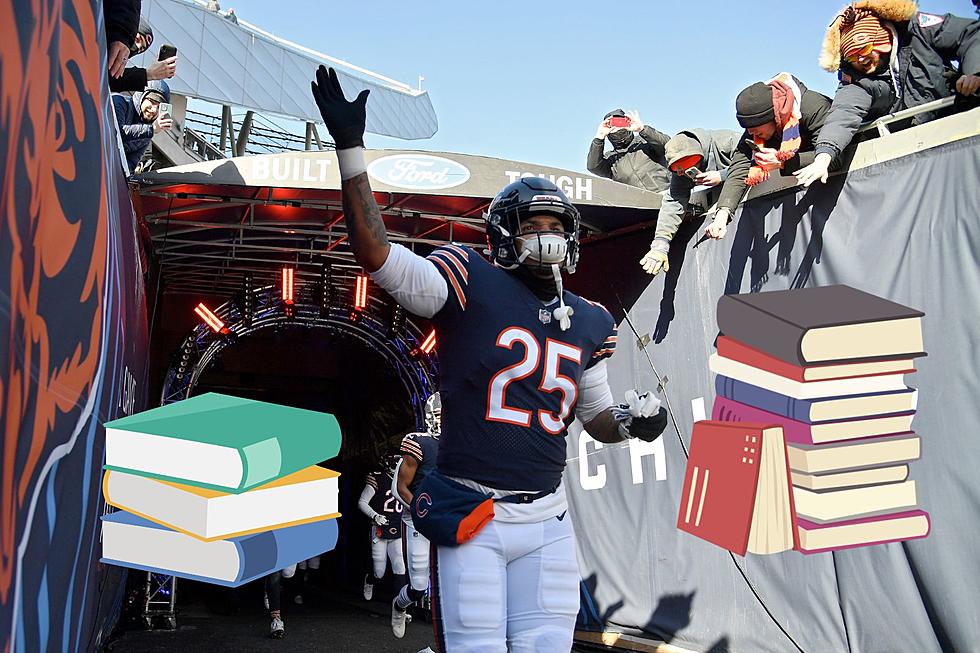
A Case For Reading Storybooks And Fiction–Yes, Even As Adults
When I was a kid, I loved to read stories. Do you remember those book fairs we had at school? Usually a few days before the event, the teachers would pass out those flimsy fliers outlining all of the offerings that would be available and I would run home and beg my parents to let me buy at least ten different books.
When the day came and I placed my order, I couldn't wait to get home, finish dinner and my homework, so I could retreat to my bedroom and stay up way later than an 11-year old should to devour the stories I'd procured. It didn't matter if the stories were about dragons, dollhouse murders, ghosts in the attic, or adventures by the sea, I was game for all of them. I feel quite certain that much of my imaginative tendencies as an adult were well-fertilized by the early years I spent so much time reading fiction.
Well, as we get a little older, our classes get harder, we enter college and/or the workplace, very often we transition to the more practical types of reading material. I've always been a lover of learning "all of the things," so I enjoyed switching to the more "practical" endeavors of history, communication, sales, economics, whatever. The downside? I let my reading of fiction fall by the wayside. Another downside? My creative juices fell by the wayside, too.
Now, to be clear, I am not saying that creativity is not a part of many of the non-fiction books that we read. Really, creativity can be a part of any endeavor, career, or vocation. Creativity is more a way of how we approach anything. I've known some quite creative attorneys who use innovative approaches in how they care for the clients. At the same time, I know writers and actors who create and express from a place of duty rather than from an internal creative drive.
I am saying that it is easy for us "adults" to lose a sense of the value of reading fiction simply for the joy of reading. There is something inherently valuable in that process. Adults need this just as much as children to keep our imaginative resources fresh and green. So, why does reading fiction still hold so much value for us as adults?
For one thing, when we're reading a story about a magical school where kids learn how to battle darkness, it isn't really about that one school or that one kid facing down that one danger. Is it? Isn't it really a unique presentation of archetypes that transcend the story? "Leveling up" your character, having courage to stand up to evil, and learning to use failure as the very means to find your greatest strength--these are themes that manifest in a very real way in our everyday lives--in our careers, relationships, self-discipline, and so on.
Just because something is fiction, that doesn't mean it's not "true."
Other reasons reading fiction is so good for us? I love this article from the Rugged Fellows Guide website. It's a quick read and outlines even more practical incentive to let yourself steal away into a fictional adventure sometimes.
It's interesting to me how so many things in life come full circle. The older I get, the more I want to revisit the lessons I inherently seemed to know as a kid. Funny how life works, don't you think? It's like coming home again after a nice, long voyage that has been fraught with distraction and danger, failures and victories. And very often, the voyage definitely has inspired a renewed appreciation for what home really means and how precious it truly is.
It almost sounds like a storybook.
More From KKTX FM









